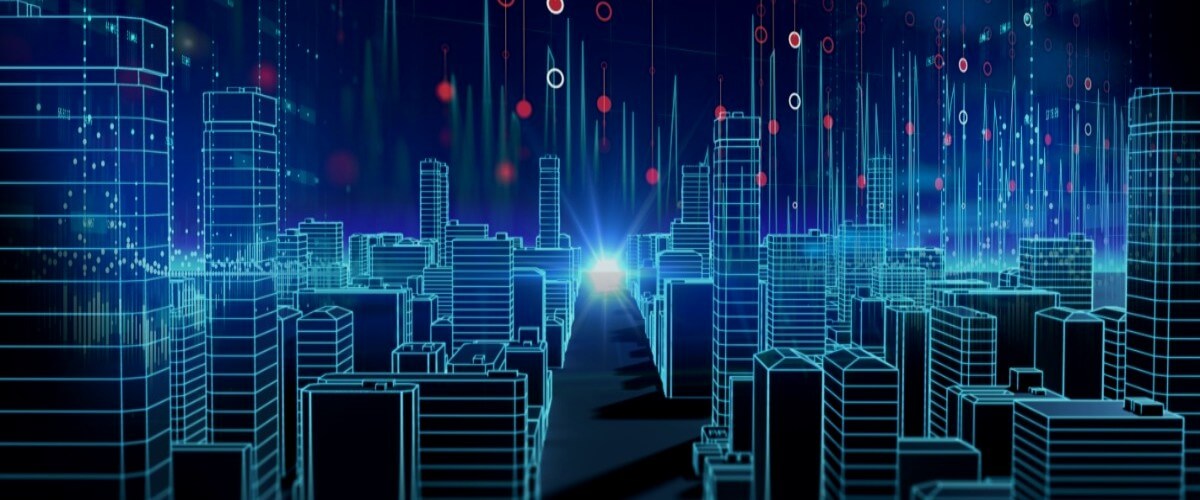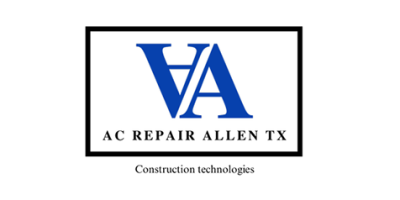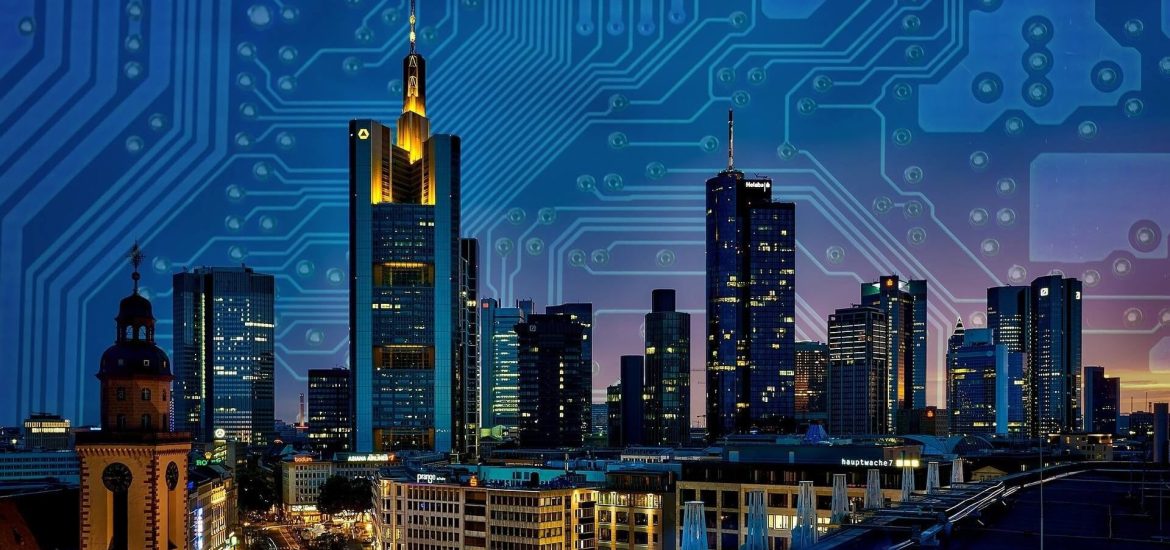The concept of a smart city is ambitious, but it’s gaining ground worldwide. From improved environmental sustainability to better public safety and healthcare services, the idea behind smart cities is to leverage technology and data to help citizens enjoy a higher quality of life. In this blog post, we’ll explore how cutting-edge technologies transform urban living areas into more efficient and sustainable societies and what potential opportunities exist for those involved in their development. So dive in with us as we explore what makes “smart” cities so special!
What is a “smart city”?
A smart city is an urban area that uses technology to improve the quality of life and make it more efficient. For example, it might include utilizing sensors or automation to reduce energy usage, implementing data-driven traffic management strategies, or using “smart” buildings with improved heating, cooling, and lighting systems. These cities are also typically equipped with high-speed internet and mobile networks and a wide range of public services that citizens can access via their smartphones or other technology.
The benefits of smart cities
There are numerous advantages to building and living in a smart city. Firstly, they help reduce the cost of energy bills for both businesses and households. It is done through improved insulation, automated lighting, and smart cooling/heating systems. Smart cities also provide better public transport, which can reduce traffic congestion by making it easier for citizens to get around. Moreover, they offer residents real-time data on pollution levels, air quality, or other environmental conditions – helping them stay informed of their surroundings and make smarter decisions. Finally, smart cities are designed to be more secure thanks to features like facial recognition technology or improved surveillance systems.

Technologies driving the development of smart cities
Many different technologies are driving the development of smart cities, ranging from sensors and automation to internet-connected devices. For example, IoT (Internet of Things) technology is being used to connect physical objects with digital systems, allowing for increased monitoring and control over city infrastructure. Similarly, edge computing is used to gather data from devices in remote areas or hazardous environments. Additionally, machine learning algorithms are used to analyze vast amounts of data collected by the sensors and other devices, providing insights into how the city functions and helping to inform better decision-making.
The prospects for smart cities
The future of smart cities looks promising, with countries like China, Japan, and South Korea all investing heavily in this type of urban development. Estimates suggest that the global market for smart city technologies could reach $6 trillion by 2025. With the increasing demand for improved sustainability, efficiency, and safety in cities, the potential opportunities for businesses to gain a foothold in this growing industry are huge. It’s an exciting time for those developing smart cities – so if you want to get involved, now is perfect!

